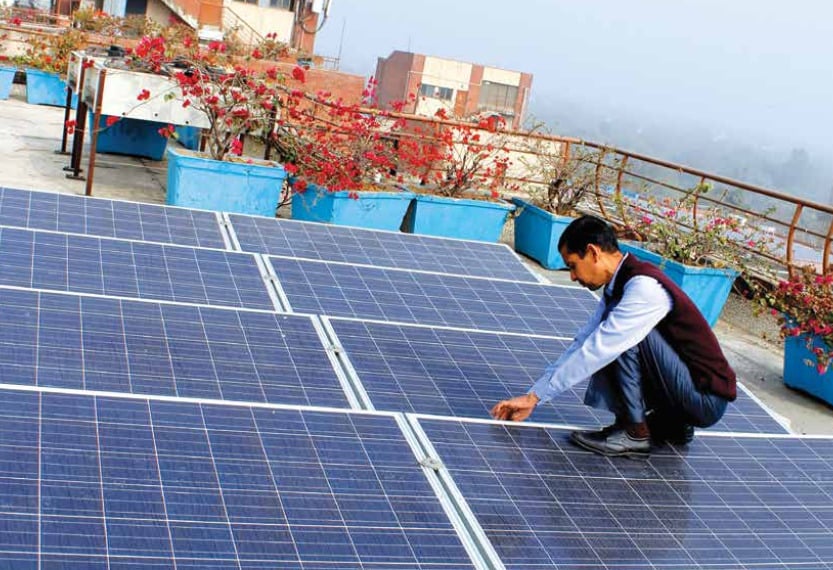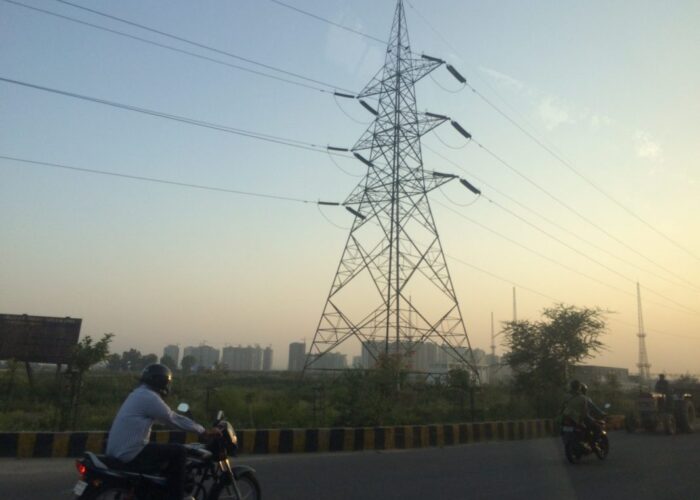
India has approved the second phase of its programme to hit 40GW of grid-connected rooftop solar by 2022 and announced INR118 billion (~US$1.656 billion) in central government subsidies to support residential solar systems and incentivise distribution companies (Discoms).
Bridge to India’s latest quarterly report found that India had an installed capacity of 3,855MW of rooftop solar at the end of 2018, which was less than 10% of the 2022 target. Despite record installs last year and strong projected growth, Bridge to India had said that the India rooftop solar should still be given more government support.
Try Premium for just $1
- Full premium access for the first month at only $1
- Converts to an annual rate after 30 days unless cancelled
- Cancel anytime during the trial period
Premium Benefits
- Expert industry analysis and interviews
- Digital access to PV Tech Power journal
- Exclusive event discounts
Or get the full Premium subscription right away
Or continue reading this article for free
The government has responded with two main focuses.
Residential backing
The second phase of the rooftop programme, now offers 40% subsidy support for residential solar systems of up to 3kW in capacity and 20% subsidy for rooftop PV systems between 3-10kW.
Another 20% subsidy will be offered to rooftop systems that are part of a Group Housing Society or Residential Welfare Association (GHS/RAW). In such cases, support will be limited to 10kW of solar per house and up to 500kW for each GHS/RAW.
The aforementioned subsidy support will extend to 4GW worth of residential capacity and it will be provided to individual systems on the basis of benchmark cost or tender cost, whichever is lower.
India’s government made clear that such support will not be made available for the institutional, educational, social, government, commercial or industrial segments.
Enticing Discoms
The Phase-II programme, newly approved by the Cabinet Committee on Economic Affairs, will also try to increase the involvement of Discoms, by offering performance-based incentives relating to how much rooftop capacity has been installed in a Discom’s jurisdiction each financial year. It must have added more than 10% compared to its installed base at the start of each year to become eligible for the incentive at the end of the 12-month period. This backing will be limited to the first 18GW of installations under the programme.
Showing huge optimism in terms of the rollout of the scheme, the government expects 38GW of additional rooftop PV to be deployed under the scheme by 2022, and for 939,000 jobs to be created.
Despite wide-ranging problems with the large-scale solar sector in India, for which investor confidence needs to be rebuilt, the rooftop solar sector has consistently been seen as a bright spark in India and strong growth is expected to continue in the coming year at least.
Giant solar firms are also seeing potential in the residential sector for the first time – rather than just the well established C&I sector, spearheaded by major PV manufacturer, EPC and rooftop firm Tata Power Solar, which is steadily rolling out its residential rooftop solar solution across India, one city at a time.






